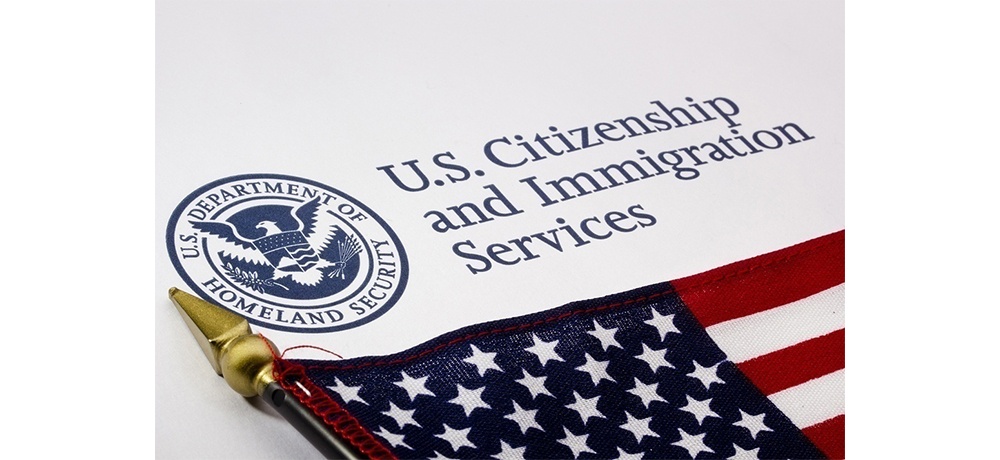
USCIS Proposes H-1B Cap Pre-Registration System for Future H-1B Cap Season
Categories: Attorneys , Business Immigration , Business Law , Citizenship , Commercial Litigation , Commercial Transactions , Corporate Law , Green Cards , Immigration Law , International Law , Investment Visas , Law Firm , Lawyers , Legal Services , Real Estate , Software Agreements , Technology Law , Trusts And Estates
Pasricha & Patel Takeaways:
USCIS has announced that it is proposing a new rule that would require H-1B petitioner/employers to pre-register online before submitting an H-1B cap petition. This proposal also calls for the switching of the order of the regular and master’s cap lotteries, in order to increase the odds of U.S. advanced degree holders being picked in the annual H-1B lottery.
Instead of the H-1B petitioner preparing and submitting all of its required H-1B cap petitions within the first five (5) business days in April, this new system would require the H-1B petitioner to fill out a registration form that would contain the basic information about the petitioner and the beneficiary’s qualifications and whether the beneficiary has a U.S. advanced degree or not. This form’s content and format has not yet been published by the USCIS. Then, presumably after the lottery is conducted and if the particular ‘case’ is picked in the lottery, then the H-1B petitioner would then submit the actual H-1B I-129 petition with the USCIS.
USCIS states that by instituting this pre-registration system, it would reduce overall costs for petitioners and create a more efficiency and cost-effective H-1B cap petition process at the USCIS’s end as well. This is also a fraud prevention measure in that the H-1B cap petitions can only be filed by the petitioner on behalf of beneficiaries’ names who were listed in the initial registration process.
In addition to this newly proposed registration system, the USCIS will also change the order in which it conducts the lottery. Right now, the USCIS conducts the lottery for U.S. advanced degree holders first. And those who are not picked in the first round, are still eligible to be part of the 2nd round, which is when the H-1B regular cap petitions are randomly selected. The new drawing system would reverse that – the H-1B regular cap lottery would go first. But note that U.S. advanced degree holders would be part of this first round of lottery drawing. And if the U.S. advanced degree holder petitions were not selected in the first round, then there would be a second round lottery where U.S. advanced degree holders get a second chance to be picked in the lottery. USCIS wants to use this method to ensure that the H-1B visas are awarded to the most-skilled or highest-paid petition beneficiaries. This can also be viewed as part of the current administration’s policy to shift toward a merit-based immigrant worker system.
This rule is still a proposal, and it is in the public comment stage for 30 days after initial publication. And while USCIS hopes to have this new system in place for next year (2019)’s H-1B filing period starting on April 1, 2019, the USCIS has also indicated that it could defer the implementation of this online registration system until later, if the USCIS cannot implement it properly in time for next year. It should be noted that this registration system has not yet undergone any user testing and vetting of the new registration system and process. Nor has the USCIS even released the content and format of the registration form for the requisite public comment period. And with the start of the H-1B cap filing period only four (4) months away, it is probably more likely that this registration system will not come into effect in time for the fiscal year 2020 H-1B cap filing period in 2019. So, for now, the H-1B petitioner and intended beneficiary should continue to prepare and plan their upcoming H-1B cap petition accordingly.
Should there be any further clarifications or updates regarding this and any other immigration program, our office would be sure to inform everyone. And should readers have any further questions, they are encouraged to contact our law office to schedule a consultation and discuss this further.